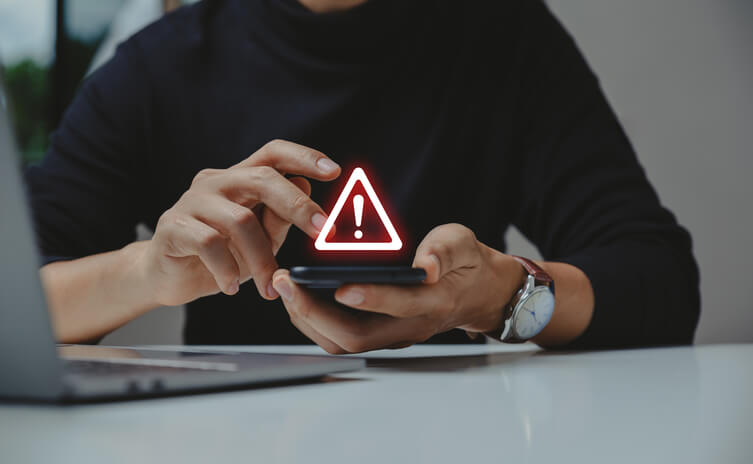Social Media Warning Label Gains Support of 42 Attorneys General

The recently proposed idea of adding warning labels to social media platforms is gaining traction.
In a significant showing of bipartisan support, 42 attorneys general in states ranging from California to Alabama signed a letter urging Congress to require a surgeon’s general warning label for social media.
“Young people are facing a mental health crisis, which is fueled in large part by social media,” the letter said. “… By mandating a surgeon general’s warning on algorithm-driven social media platforms, Congress can help abate this growing crisis and protect future generations of Americans.”
The letter comes on the heels of Surgeon General Vivek Murthy’s proposal in June to add warning labels to social media sites. These labels will be similar to what people are used to seeing on tobacco and alcohol products. Such a step would require congressional action, which is what the new letter from the attorney’s general aims to accomplish.
“We urge Congress to consider such measures and continue the search for innovative solutions to protect our children in the face of emerging technologies,” the letter states.
Over 500 social media lawsuits are pending in multidistrict litigation as claims that social media platforms have caused mental health and self-harm issues in children continue to grow.
Social Media Warning Labels Were First Proposed by Surgeon General in June
The debate surrounding warning labels for social media began in June, when Murthy first proposed the idea and wrote an accompanying op-ed in the New York Times in support of it.
Murthy based his decision on the belief that social media has played a significant role in the increasing rates of mental health issues impacting young people.
“Adolescents who spend more than three hours a day on social media face double the risk of anxiety and depression symptoms, and the average daily use in this age group, as of the summer of 2023, was 4.8 hours,” he wrote in the op-ed. “Additionally, nearly half of adolescents say social media makes them feel worse about their bodies.”
Murthy pointed to other industry products such as cars and airplanes that receive additional safety measures when dangers are discovered, wondering why social media has not been treated the same.
The attorneys general echoed some of these claims in their letter, while also listing ongoing litigation and investigations against some social media companies as further reason for a warning label.
“This problem will not solve itself and the social media platforms have demonstrated an unwillingness to fix the problem on their own,” the letter said.
Social Media Lawsuits Rise Over Mental Health Concerns
Litigation against social media platforms and their potential mental health impact has continued to expand. A California MDL currently has 584 pending cases.
According to that court, these lawsuits have claimed that social media platforms are designed to become addicting, maximize user screen time and encourage behavior that has resulted in emotional and physical harm, including death.
Social media platforms blamed in these lawsuits include mega brands like Instagram, TikTok and YouTube.
According to an advisory on social media that the surgeon general issued in 2023, social media may perpetuate low self-esteem, body dissatisfaction and eating disorders.
Editor Lindsay Donaldson contributed to this article.




